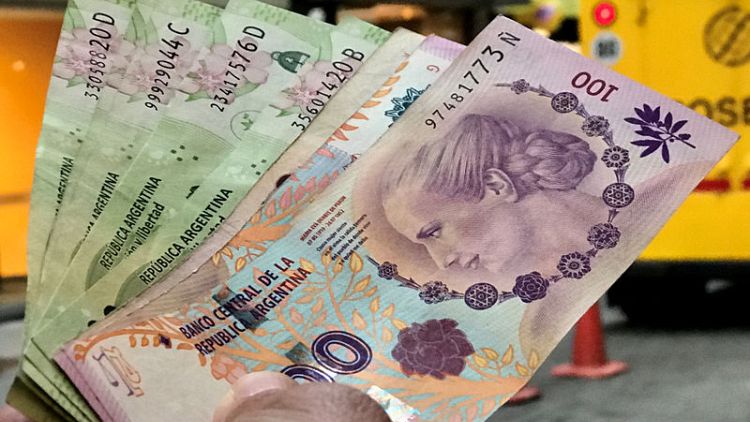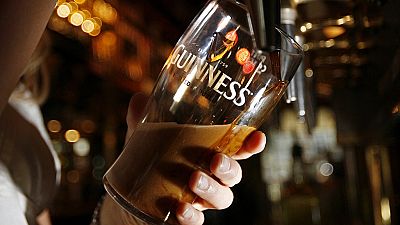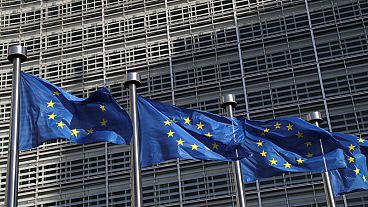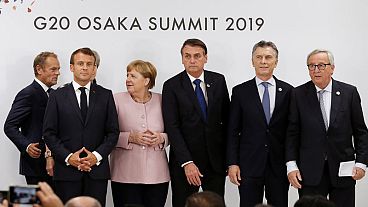By Walter Bianchi
BUENOS AIRES (Reuters) - It happened in 1989. It happened in 2002. Argentines who are old enough to remember do not want to go through it again.
A run on the peso since the Aug. 11 primary election, which signalled that business-friendly President Mauricio Macri likely will not get re-elected, shocked Argentines who remember being blocked from withdrawing their money in past "corralitos," a local term that means banks retain cash in "little corrals."
There has been no sign of a new corralito. But in the past week, dollar deposits fell by $1.9 billion (1.55 billion pounds), or 6% of the $30.5 billion in total dollar deposits, according to central bank data on Friday. The impulse for depositors to grab cash while they can stems from a history of mistrust in the banking system.
Argentina's market volatility following the primary vote sparked nightmares of the widespread panic during the corralito, when the government froze deposits of $40 billion and imposed caps on the withdrawal of cash from banks, from the end of 2001 through 2002.
Riots broke out. Irate depositors vandalised ATMs and supermarkets were looted. The 2001/02 deposits freeze punctuated an economic meltdown that tossed millions of middle-class Argentines into poverty.
Deposits in dollars in private sector - https://fingfx.thomsonreuters.com/gfx/editorcharts/ARGENTINA-DEPOSITS/0H001QERX81P/eikon.png
Argentines had also lost control of their own money in 1989, when deposits were confiscated in exchange for government bonds after banks could not pay interest.
Last week, stock and bond prices plummeted and the peso weakened 18% after the landslide victory in the primary election by opposition candidate Alberto Fernandez and his running mate, former President Cristina Fernandez de Kirchner. Investors see the pair as a riskier prospect than Macri, due in part to the interventionist policies under Kirchner's government, including heavy-handed currency controls.
"I prefer to have my savings at home. It's my insurance for the next few years and I don't want any doubts," Stella, 70, told Reuters. Her last name is withheld to protect her privacy.
"We already have experience with 'corralitos,'" she said.
Because the major political parties had already chosen their candidates, the Aug. 11 primary served as a giant opinion poll on the Oct. 27 presidential election. Fernandez surpassed the 45% vote margin needed to win in the first round of voting.
Whether the election is decided in October or in a November run-off vote, the next president will take office in December.
Private savings, measured as a percentage of gross domestic product in local currency, have decreased to 12% so far this year from 14% in 2016.
Foreign currency deposits have grown, however, to 8% of GDP so far this year, compared to 4% in 2016, according to a report by First Capital Group, signalling that Argentines are ditching their pesos for dollars.
Whether outflows continue will be based on market fluctuations, which were more stable in recent days, though volatility could return as the Oct. 27 election nears.
"If the days go by and the dollar remains relatively stable, the outflow of deposits will decrease," said Christian Reos, research manager at Allaria Lesdesma.
(Reporting by Walter Bianchi; writing by Hugh Bronstein and Cassandra Garrison; Editing by Leslie Adler)



